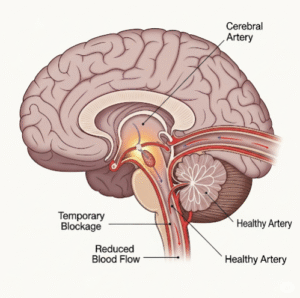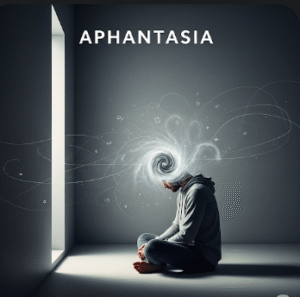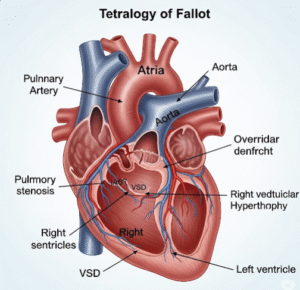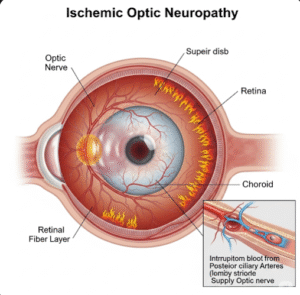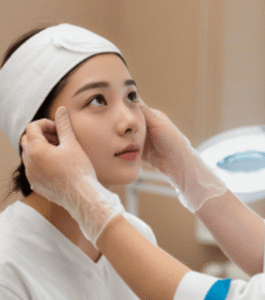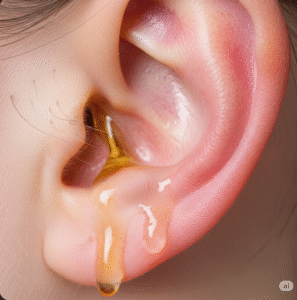Overview
Impulse Control Disorders (ICDs) are a group of psychiatric conditions characterized by the inability to resist urges or impulses that may be harmful to oneself or others. These disorders involve repetitive behaviors performed without forethought, often leading to distress, social or legal problems, and impaired functioning. In Korea, mental health professionals provide specialized care through psychotherapy, medication, and behavioral interventions to help patients manage impulses and improve their quality of life.
What are Impulse Control Disorders?
ICDs are psychiatric conditions where individuals experience an overwhelming urge to perform certain behaviors, despite knowing the negative consequences. These behaviors are often gratifying at the moment but lead to feelings of guilt, shame, or regret afterward. Common ICDs include kleptomania, pyromania, intermittent explosive disorder, pathological gambling, and trichotillomania.
Symptoms
- Recurrent failure to resist impulses to perform harmful acts
- Tension or arousal before the impulsive act
- Pleasure, gratification, or relief during or after the act
- Feelings of guilt, remorse, or regret post-act
- Impaired social, occupational, or legal functioning due to behaviors
- Difficulty controlling urges despite negative consequences
Causes
- Genetic predisposition and neurobiological factors involving dopamine and serotonin pathways
- Environmental factors such as stress, trauma, or family dynamics
- Comorbid psychiatric disorders like anxiety, depression, or substance abuse
- Dysfunction in brain regions responsible for impulse control (prefrontal cortex)
Risk Factors
- Family history of impulse control or mood disorders
- History of childhood abuse or neglect
- Coexisting mental health conditions
- Substance abuse increasing impulsivity
- High-stress environments
Complications
- Legal problems (e.g., theft or arson-related offenses)
- Financial difficulties, especially with pathological gambling
- Relationship breakdowns and social isolation
- Increased risk of depression, anxiety, and substance use disorders
- Physical harm or injury from uncontrolled behaviors
Prevention
- Early identification and treatment of impulsive behaviors
- Stress management and healthy coping strategies
- Family education and support to reduce environmental triggers
- Avoidance of substance abuse
Treatment Options in Korea
Diagnosis
- Comprehensive psychiatric evaluation including clinical interviews and standardized questionnaires
- Assessment of impulsivity, behavioral patterns, and comorbid conditions
Medical Treatments
- Cognitive Behavioral Therapy (CBT) – Effective in modifying maladaptive thoughts and behaviors
- Medications such as selective serotonin reuptake inhibitors (SSRIs), mood stabilizers, or antipsychotics depending on symptoms
- Support groups and psychoeducation for patients and families
Surgical or Advanced Therapies
- Rare and experimental; deep brain stimulation considered only in refractory cases
Rehabilitation and Support
- Psychotherapy focusing on impulse control techniques
- Social skills training and relapse prevention strategies
- Family counseling and support groups
- Ongoing psychiatric follow-up to monitor progress
Top Hospitals or Clinics in Korea
- Seoul National University Hospital – Department of Psychiatry
- Samsung Medical Center – Mental Health Clinic
- Asan Medical Center – Behavioral Medicine Department
- Yonsei Severance Hospital – Psychiatry and Psychology Services


